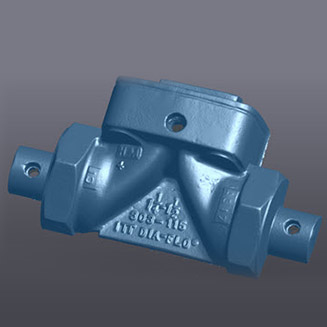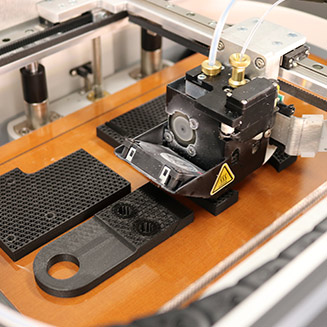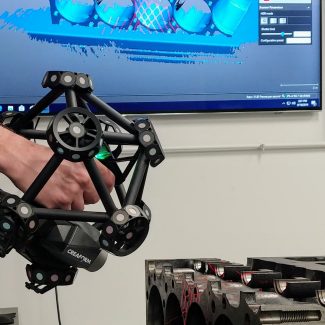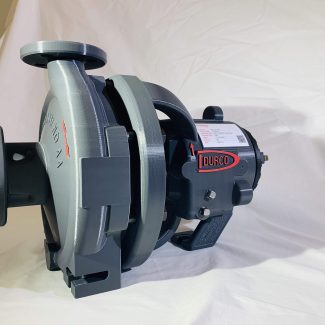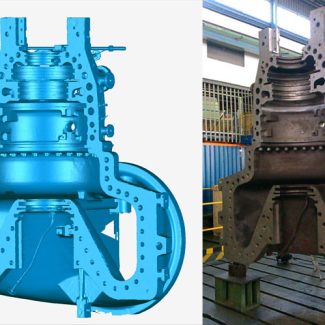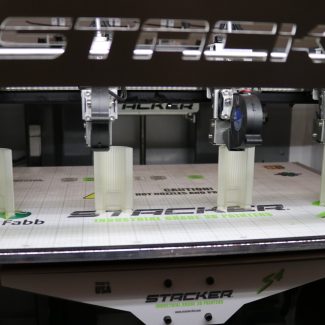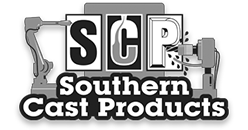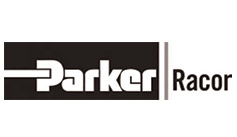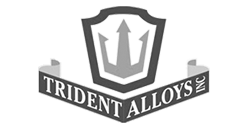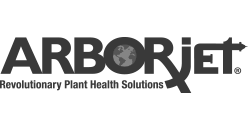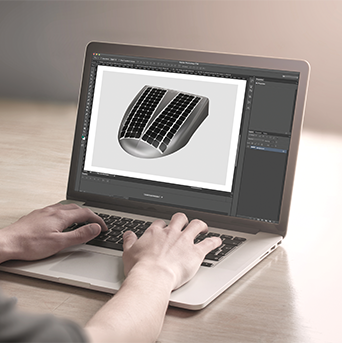
Benefits of Implementing Machine Automation
Industrial automation is a powerful force that has shaped the factory floor for decades. Traditionally it has meant the deployment of a robot or machine that can perform a wide variety of different tasks, from assembling to packaging products. But more recently, the term might also incorporate smart technology that can monitor each step of the manufacturing process and adjust as needed.
Although factory automation is a big decision for any aspiring company, it unlocks significant benefits that improve profits and reduce costs over the long term.
Decrease Labor Costs
Labor frequently represents the most onerous costs for a company, but automation saves money by consolidating these costs on the factory floor. According to Productivity Inc, a major machine tool distribution company, robots can easily produce just as many products as three to five people, therefore improving return on investment in the long run.
While factory automation does often result in an overall decline in the use of human labor, it can also reduce the risk of accidents and improve the physical safety of the workplace by reserving the most dangerous and exhausting manual labor for robots. The remaining jobs, which generally require more in-demand skills, will ensure that the automated manufacturing process is functioning smoothly from start to finish. Manufacturing companies can then redeploy costs to deal with more pressing issues.
Higher Output and Productivity
Factory automation vastly improves the output of finished goods while minimizing the errors and mistakes that may arise from a human operator. With the ability to control exactly how goods are made, robots and other automated technologies can ensure a high standard of product quality while using fewer overall resources. Combined with the enormous time savings, factory automation can produce finished goods with a high degree of efficiency and accuracy.
It also improves consistency, which also results in higher output. Inconsistent quality can be a significant problem in many manufacturing processes. However, machine automation can provide a solution to this issue. Machines work in the same way every time, producing consistent results that meet the same high-quality standards every time. This can be especially beneficial for industries that require precision and consistency, such as the medical and aerospace industries.
Automation is Easier to Use
Automated technologies are often synonymous with the complexities of the systems that underlie them, but once integrated directly into the factory floor, the machines are surprisingly easy to work with, particularly when combined with the right technicians. Highly adaptive and serviceable, many of them can be repurposed or reprogrammed to handle multiple tasks over a single lifetime, and they can be mounted in various positions, including small, confined spaces, to deal with the most difficult tasks that may not be suitable for a human worker.
In competitive marketplaces, factory automation can provide a significant advantage. While the up-front capital cost often poses a significant barrier, companies will be saving money over the long term by embracing automated technologies, even with maintenance costs factored in. The logic of automating is therefore highly compelling for those who can afford it.

